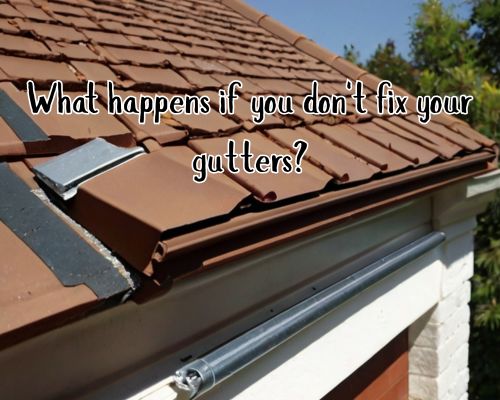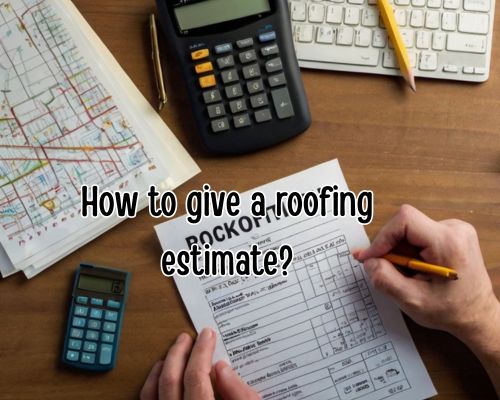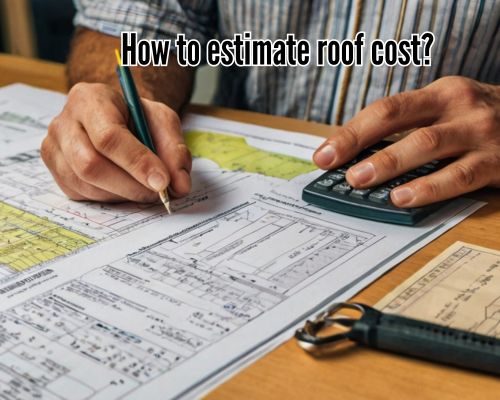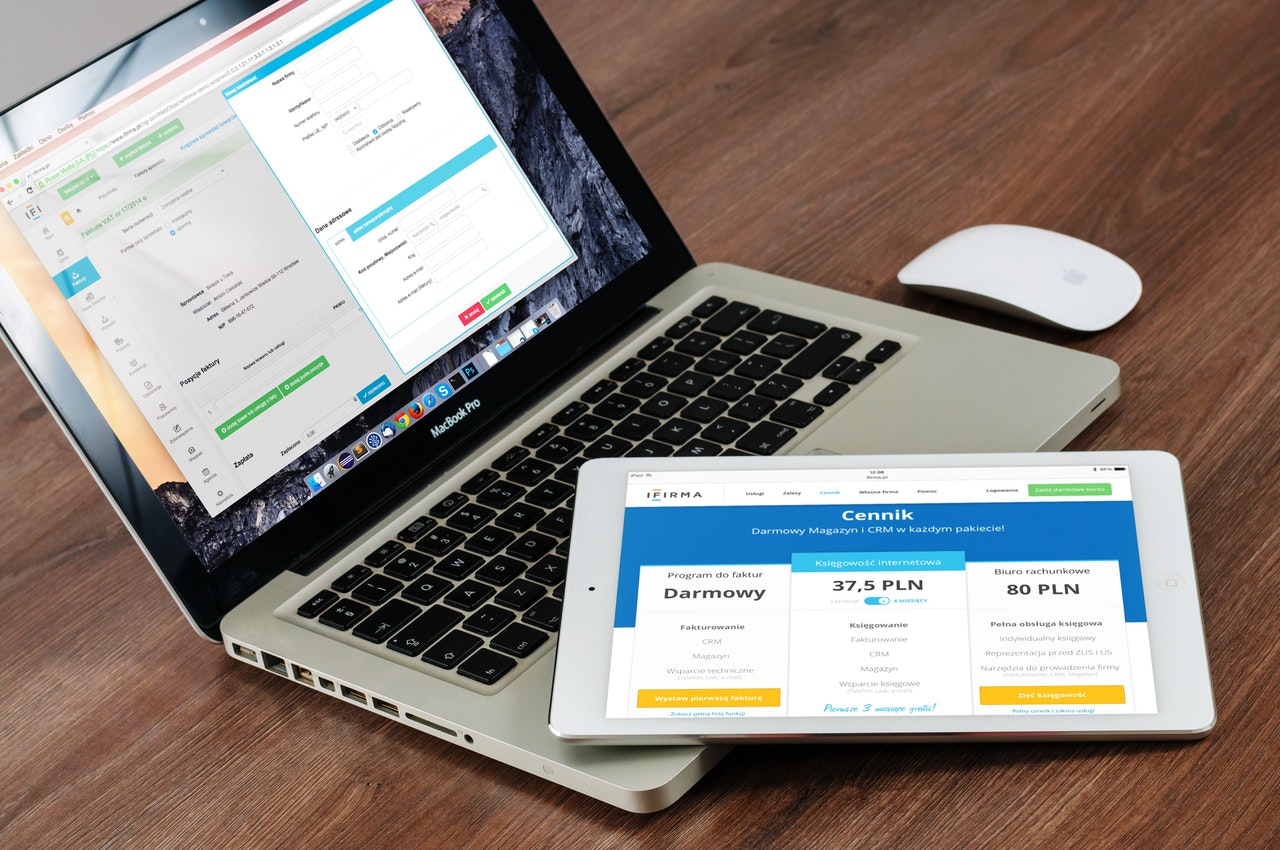
What Happens If You Don’t Fix Your Gutters? The Melbourne Homeowner’s Ultimate WarningWhat Happens If You Don’t Fix Your Gutters? The Melbourne Homeowner’s Ultimate Warning
Gutters might seem like the silent heroes of your home — they quietly channel rainwater away from your walls and foundation, sparing your property from water damage and mold nightmares. But what if you just… don’t fix them when they’re broken or clogged? For Melbourne residents, that negligence can snowball into a costly cascade of issues.

Why Gutters Matter in Melbourne’s Weather
Melbourne is famous for its unpredictable weather — “four seasons in one day” isn’t just a saying; it’s a fact of life. With occasional heavy rains, persistent dampness, and the occasional heatwave, your gutters work overtime to keep your home safe.
Ignoring damaged gutters in Melbourne means your home risks:
- Water damage from heavy rain: Overflowing gutters dump water next to your house, seeping into walls.
- Foundation problems: Water pooling around your foundation can erode soil and cause structural instability.
- Pest infestations: Stagnant water and debris create a breeding ground for mosquitoes, termites, and rodents.
- Mold and mildew growth: Damp walls and ceilings foster mold, which affects your health and home value.
- Roof damage: Blocked gutters cause water to back up, damaging roof timbers and tiles.
You may also see gutter services for your needs.
The Cascade of Consequences: Broken Gutters in Action
1. Structural Damage to Your Melbourne Home
Your gutters are the frontline defense against water damage. When gutters fail to direct rainwater properly, water pours over eaves and down walls, penetrating brickwork or weatherboard cladding. Over time, this can cause:
- Rotting timber in eaves, fascia boards, and window frames.
- Cracked bricks and mortar, weakening the building envelope.
- Compromised foundations as soil saturation causes settling or shifting.
Given Melbourne’s seasonal rains, even a few heavy downpours can escalate this damage quickly.
2. Flooding and Soil Erosion in Your Garden and Yard
Neglected gutters mean rainwater gushes uncontrollably around your home’s base. Melbourne’s gardens, especially those with native plants or landscaped beds, suffer from:
- Soil erosion washing away topsoil and nutrients.
- Flooding in garden beds, drowning roots and plants.
- Water pooling, which can damage lawns and create muddy patches.
This not only ruins your outdoor aesthetic but also invites costly landscaping repairs.
3. Health Hazards from Mold and Mildew
Melbourne’s humid climate makes mold growth a common problem when moisture control fails. Leaking gutters cause damp walls and ceilings, leading to:
- Visible black mold patches.
- A musty smell indoors.
- Potential respiratory issues, allergies, or asthma triggers for residents.
Fixing gutters promptly is your first defense against these invisible invaders.
4. Pest Havens: Mosquitoes, Termites, and Rodents
Standing water in clogged gutters is a mosquito breeding ground — a serious concern in Melbourne’s suburban areas. Moreover:
- Termites thrive in moist timber and damp soil around your home.
- Rodents and birds may nest in debris-filled gutters, causing noise and damage.
Ignoring gutter repairs indirectly invites these unwelcome tenants.
5. Roof and Gutter System Deterioration
Clogged gutters strain your roofing system. Water overflow can:
- Damage roof timbers through prolonged exposure to moisture.
- Cause leaks inside ceilings.
- Lead to gutters sagging or detaching due to excess weight.
Roof repairs and gutter replacements cost significantly more than simple maintenance.
Essential Local Tips: Maintaining Gutters in Melbourne
To avoid this domino effect of disaster, Melbourne homeowners should prioritize gutter maintenance:
- Regular cleaning: Twice yearly, ideally before and after the wet season.
- Professional inspections: Especially after storms or heavy rainfall (see gutter services)
- Use quality materials: Opt for rust-resistant aluminum or Colorbond steel gutters suited to Melbourne’s environment.
- Install gutter guards: To reduce debris build-up, especially with eucalyptus trees nearby.
- Prompt repairs: Fix leaks, re-align gutters, and clear blockages immediately.
Cost of Ignoring Gutters vs. Cost of Fixing Them in Melbourne
Ignoring gutters may seem like a money-saver, but the fallout can cost thousands:
| Issue | Estimated Repair Cost (AUD) |
|---|---|
| Minor gutter repair | $150 – $500 |
| Full gutter replacement | $1,000 – $3,000 |
| Structural water damage | $5,000 – $15,000+ |
| Mold remediation | $2,000 – $7,000 |
| Pest control treatment | $300 – $2,000 |
Investing in gutter care saves money, protects your Melbourne home’s integrity, and maintains your property value.
Local Services for Gutter Repairs in Melbourne
Melbourne offers plenty of expert gutter maintenance and repair services familiar with local weather challenges. Companies like:
- Melbourne Gutter Cleaners
- Aussie Gutter Solutions
- Melbourne Roof & Gutter Repair
These pros provide inspections, cleanings, and repairs using materials tailored for Melbourne’s climate and regulations.
Final Takeaway: Don’t Wait for the Drip to Become a Disaster
What happens if you don’t fix your gutters? In Melbourne, the answer is simple but severe: water damage, costly repairs, health risks, and declining home value. Your gutters are more than just metal channels — they’re the guardians of your home’s safety and comfort.
Keep them clean, fix them fast, and protect your Melbourne sanctuary from the unpredictable weather. Because in a city where every drop counts, neglecting gutters is an invitation to disaster.




